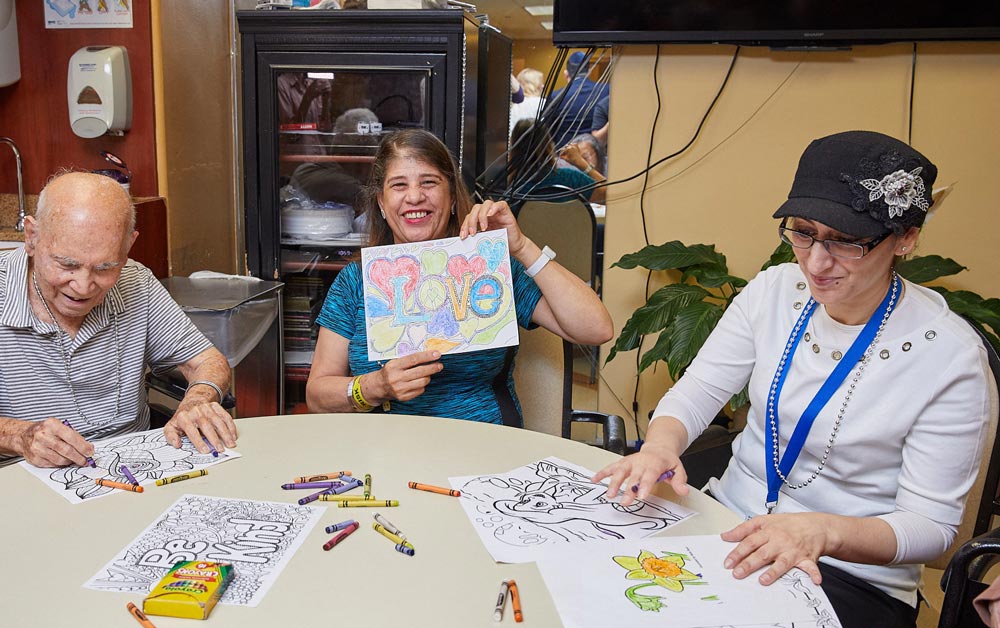Early Signs of Alzheimer’s Disease You Must Be Aware Of
Alzheimer’s disease affects over 50 million people around the world. Though most Alzheimer’s patients aren’t diagnosed until their mid-60s, some signs may become noticeable much sooner. Knowing what the early signs of Alzheimer’s are can help you prepare for the life-altering changes of this disease. It could also give you time to prepare and make some changes to slow the progression.
If you suspect that you or someone you know has Alzheimer’s disease, be sure to speak with your doctor. The information we’ve provided here is for educational purposes only.

Early Signs of Alzheimer’s
There can be behavioral and personality changes in the early stages of this disease that can cause irritability and frustration. One possibility is difficulty focusing on words, so speaking, reading, writing skills may be impaired. The following are some of the early signs of Alzheimer’s that you may want to watch for.
-
Memory loss
It can affect patients in a few different ways. This can include repetition of questions and statements or misplacing belongings. Forgetting appointments or events that you have planned or have already attended is also an aspect of memory loss.
Those with Alzheimer’s could have difficulty remembering the names of family members or friends. They could even have difficulty remembering the right words for objects. Not only is memory loss one of the early signs of Alzheimer’s, but it is also the most common symptom. This can cause frustration when trying to express thoughts or participate in conversations.
Memory loss can also affect a person’s ability to complete tasks, even those they do every day. Alzheimer’s patients could choose the wrong clothing for the weather, the time of day, or a specific event. Other possibilities include burning forgotten meals on the stove or getting lost in familiar areas.
-
Vision problems is another early sign of Alzheimer’s
Another of the early signs of Alzheimer’s that you may want to watch for is vision issues. Like with memory loss, the symptoms can vary, so there are a few to watch for.
Issues with judging distances are also possible. Patients may believe items or people are closer or farther than they actually are. Determining color and contrast is also common in the early stages of Alzheimer’s disease. Both of the issues can affect one’s ability to drive, making it dangerous to get behind the wheel.
-
Loss of interest in social activities
The memory loss and vision issues that we described above can lead to withdrawal from social engagements. Such engagements can include work activities or projects, family events, or even visits with friends. Those in the early stages of Alzheimer’s may even stop participating in their favorite hobbies because of those signs and symptoms.
This loss of interest in social activities could be the result of an inability to participate in conversations. Alzheimer’s patients may also have difficulty multi-tasking or problem-solving, which can be frustrating and embarrassing. The patient could be dealing with mood swings, delusions, and distrust in those around them.
Irritability and aggression can also be early signs of Alzheimer’s that can’t always be controlled. This can make it even more difficult to be around others and lead to isolation. Support is then needed to bring the Alzheimer’s patient back into their social circle.
This article contains informational and educational materials and does not replace health or medical advice. For questions or concerns regarding your medical condition or health objectives, speak to a qualified physician or healthcare provider.






Leave A Comment